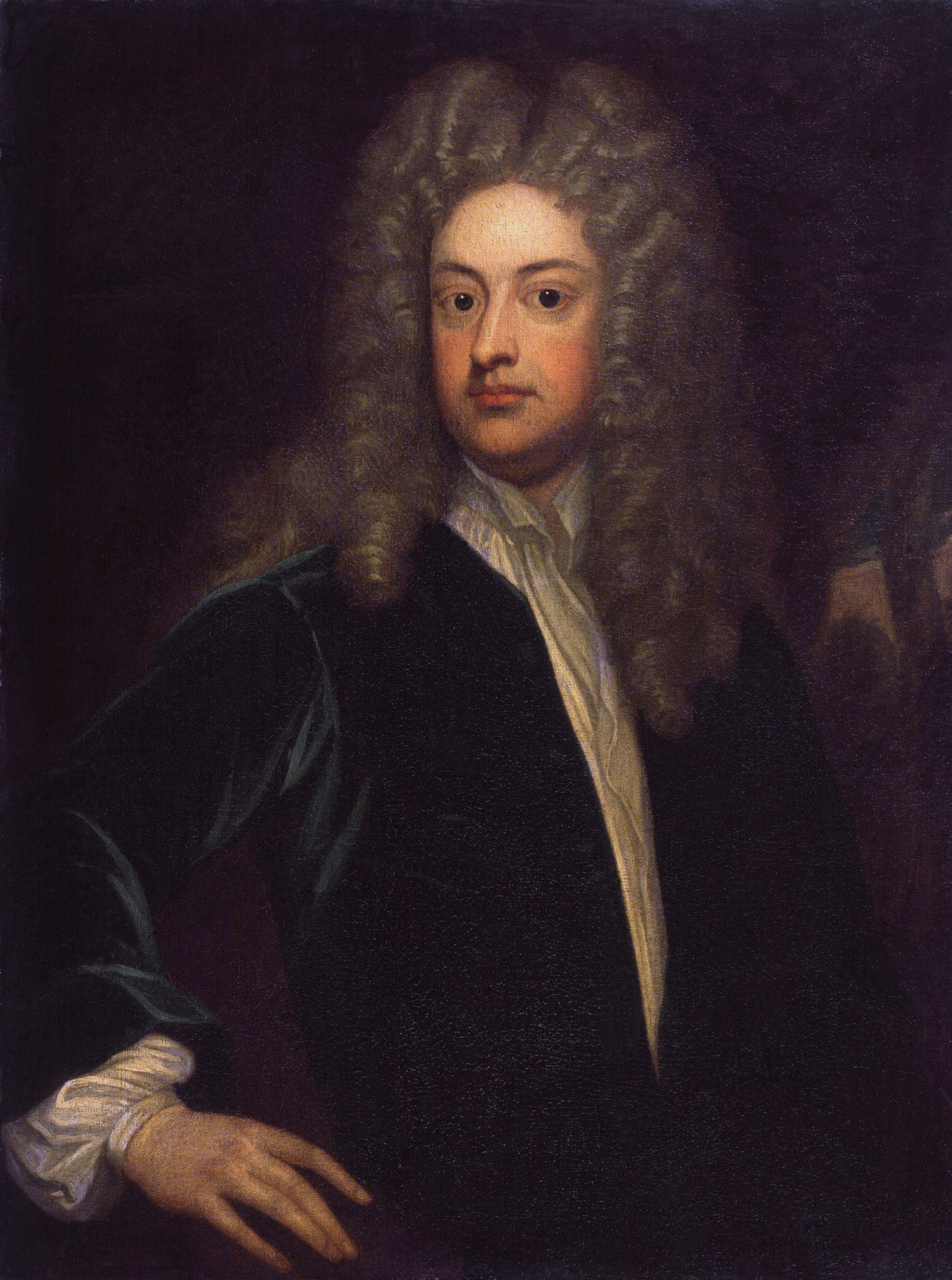Joseph Addison Berühmte Zitate
„Eine Frau fragt in Liebessachen selten um Rat, bevor sie ihre Hochzeitskleider gekauft hat.“
On askin advice in affairs of love
("A woman seldom asks advice before she has bought her wedding clothes." - The Spectator No. 475 (4 September 1712)).
„Niemand ist so unglücklich wie ein Idol, das sich selbst überlebt hat.“
The Spectator
"There is not a more unhappy being than a superannuated idol." - The Spectator No. 73 (24 May 1711)
„Noch jetzt, scheint mir, tret ich auf klassischen Boden.“
Briefe über Italien
"And still I seem to tread on classic ground." - A Letter from Italy, to the Right Honourable Charles, Lord Halifax. 1701.
„Sieh, wie friedlich ein Christ sterben kann.“
Letzte Worte zu seinem Stiefsohn Thomas Tickell, dem späteren Lord Warwick
Original engl.: "See in what peace a Christian can die." - as quoted in Conjectures on Original Composition (1759) by Edward Young
The Spectator
"We are always doing something for Posterity, but I would fain see Posterity do something for us." - The Spectator No. 587 (20 August 1714)
Joseph Addison: Zitate auf Englisch
No. 256 (24 December 1711)
Often only the first half of this statement is quoted
The Spectator (1711–1714)
“From hence, let fierce contending nations know,
What dire effects from civil discord flow.”
Act V, scene iv.
Cato, A Tragedy (1713)
No. 256 (24 December 1711)
The Spectator (1711–1714)
No. 47 (24 April 1711).
The Spectator (1711–1714)
No. 412 (23 June 1712).
The Spectator (1711–1714)
“Modesty is not only an ornament, but also a guard to virtue.”
No. 231 (24 November 1711).
The Spectator (1711–1714)
No. 162 (5 September 1711).
The Spectator (1711–1714)
“Much might be said on both sides.”
No. 122 (20 July 1711).
The Spectator (1711–1714)
Variante: Much may be said on both sides.
No. 94 (18 June 1711).
The Spectator (1711–1714)
No. 224.
The Tatler (1711–1714)
No. 494 (26 September 1712).
The Spectator (1711–1714)
“Beauty soon grows familiar to the lover,
Fades in his eye, and palls upon the sense.”
Act I, scene iv.
Cato, A Tragedy (1713)
Cato, A Tragedy (1713)
Variante: "When love once pleads admission to our hearts..."
Act IV, scene i. The last line has often been misreported as "He who hesitates is lost", a sentiment inspired by it but not penned by Addison. See Paul F. Boller, Jr., and John George, They Never Said It: A Book of Fake Quotes, Misquotes, & Misleading Attributions (1989), p. 3.
“There is nothing which we receive with so much reluctance as advice.”
No. 512 (17 October 1712).
The Spectator (1711–1714)
“Curse on his virtues! they've undone his country.”
Act IV, scene iv.
Cato, A Tragedy (1713)
No. 243 (8 December 1711).
The Spectator (1711–1714)
“Mutability of temper and inconsistency with ourselves is the greatest weakness of human nature.”
No. 162 (5 September 1711).
The Spectator (1711–1714)
Spectator, No. 444.
Bartlett's Familiar Quotations, 10th ed. (1919)
